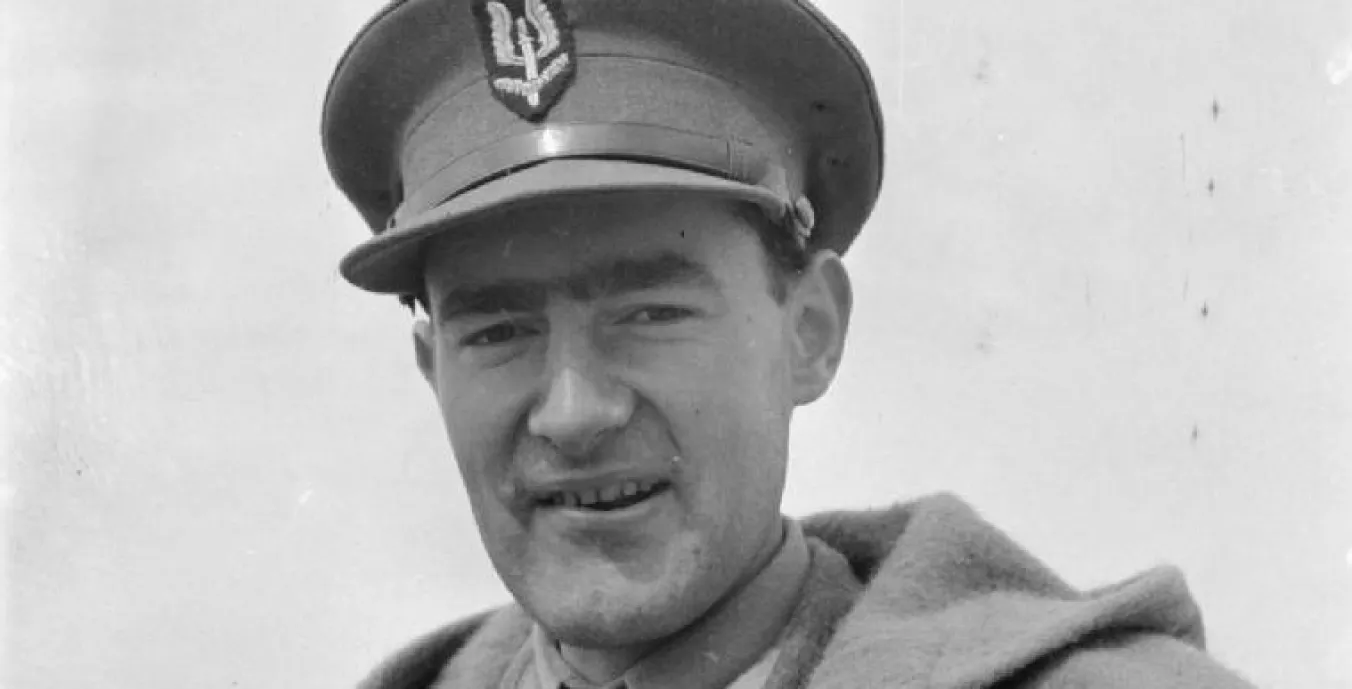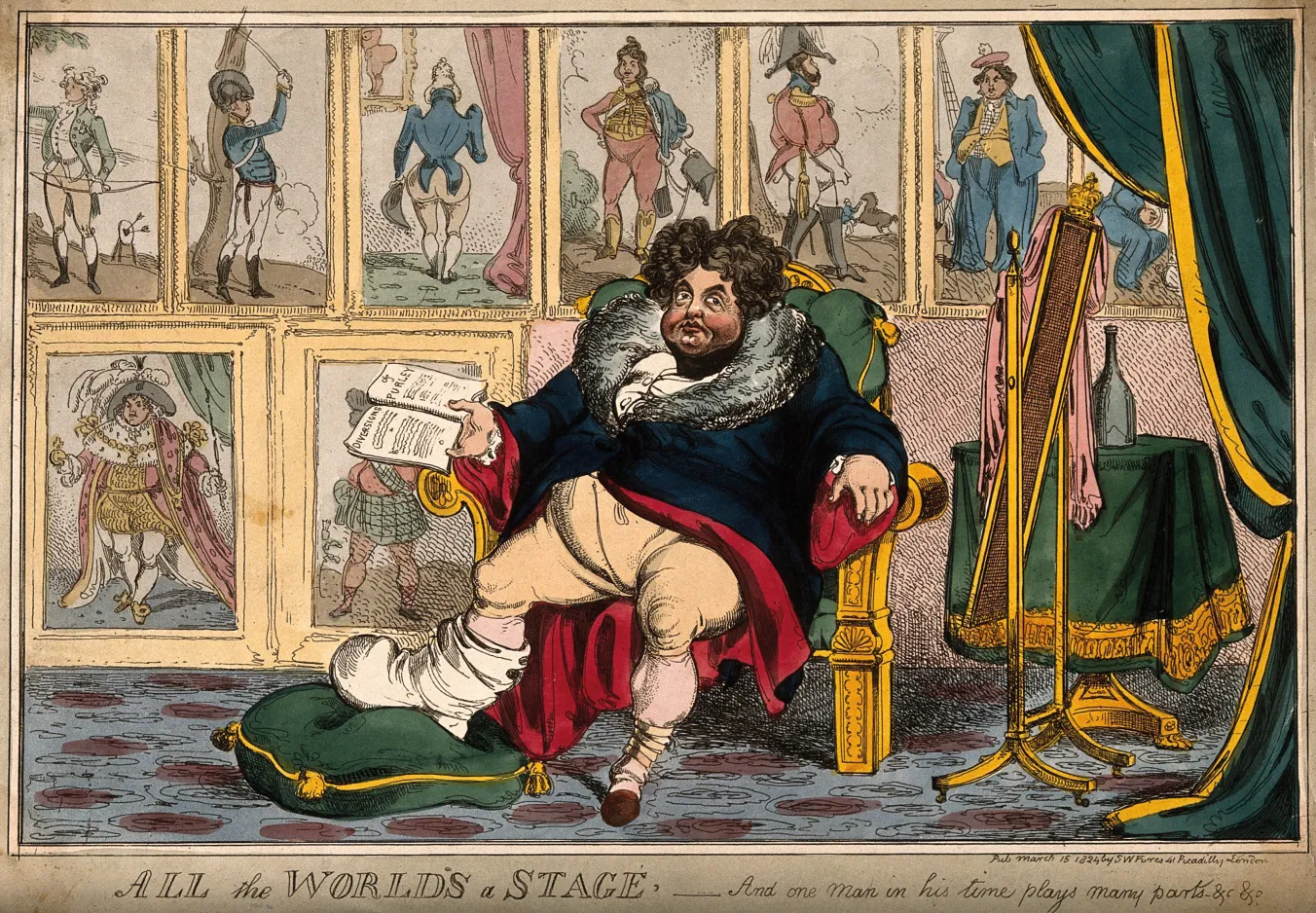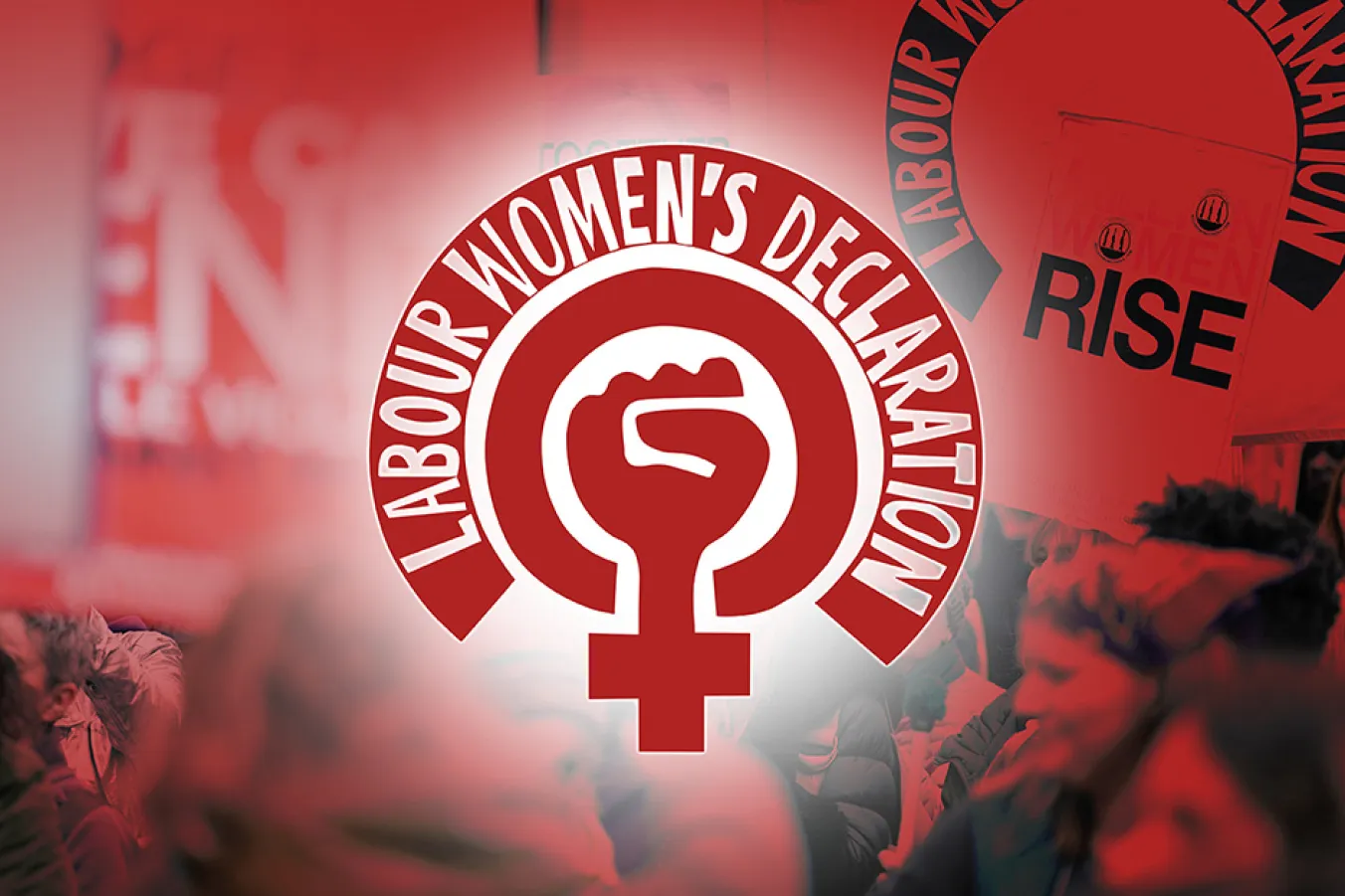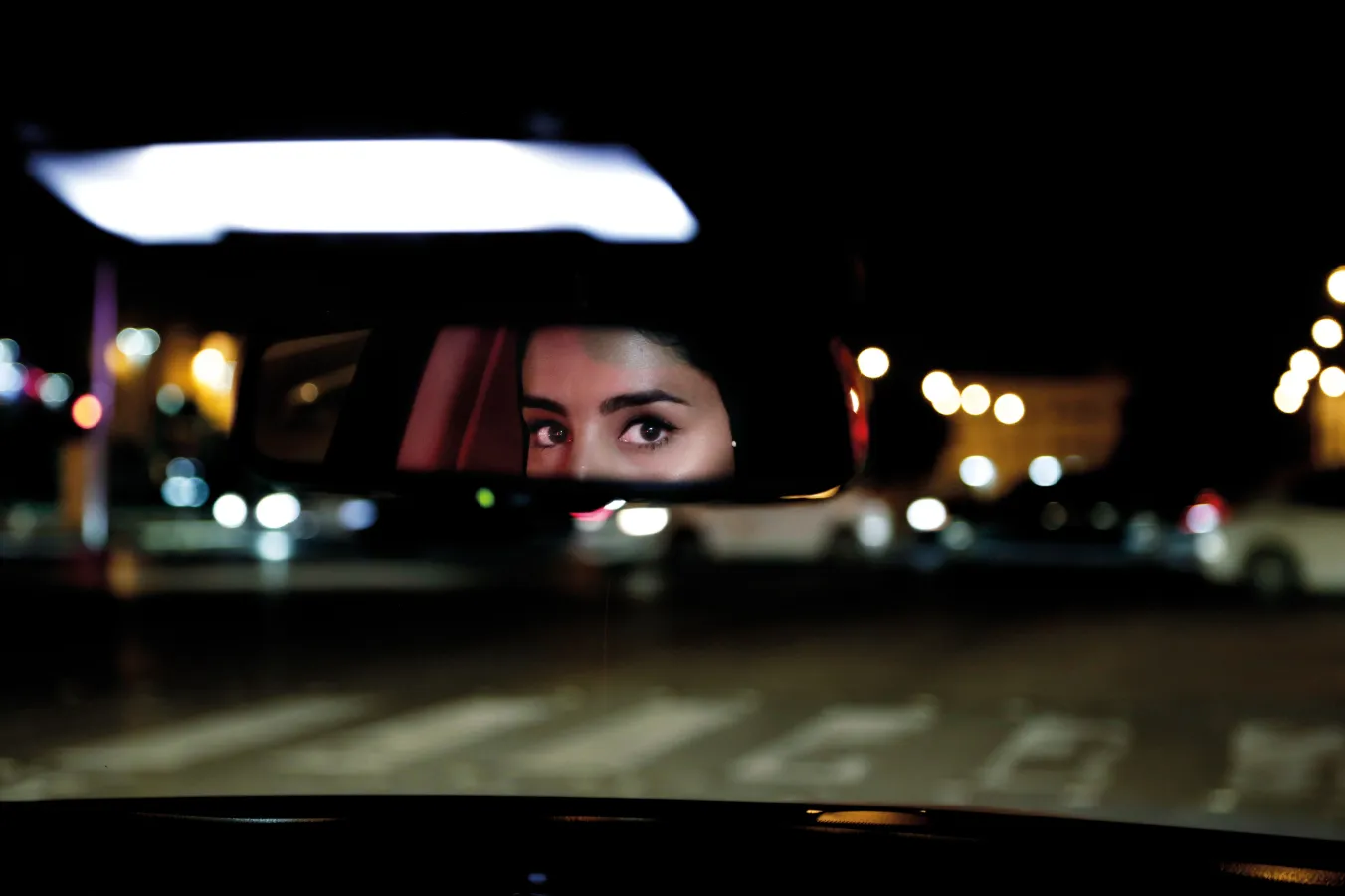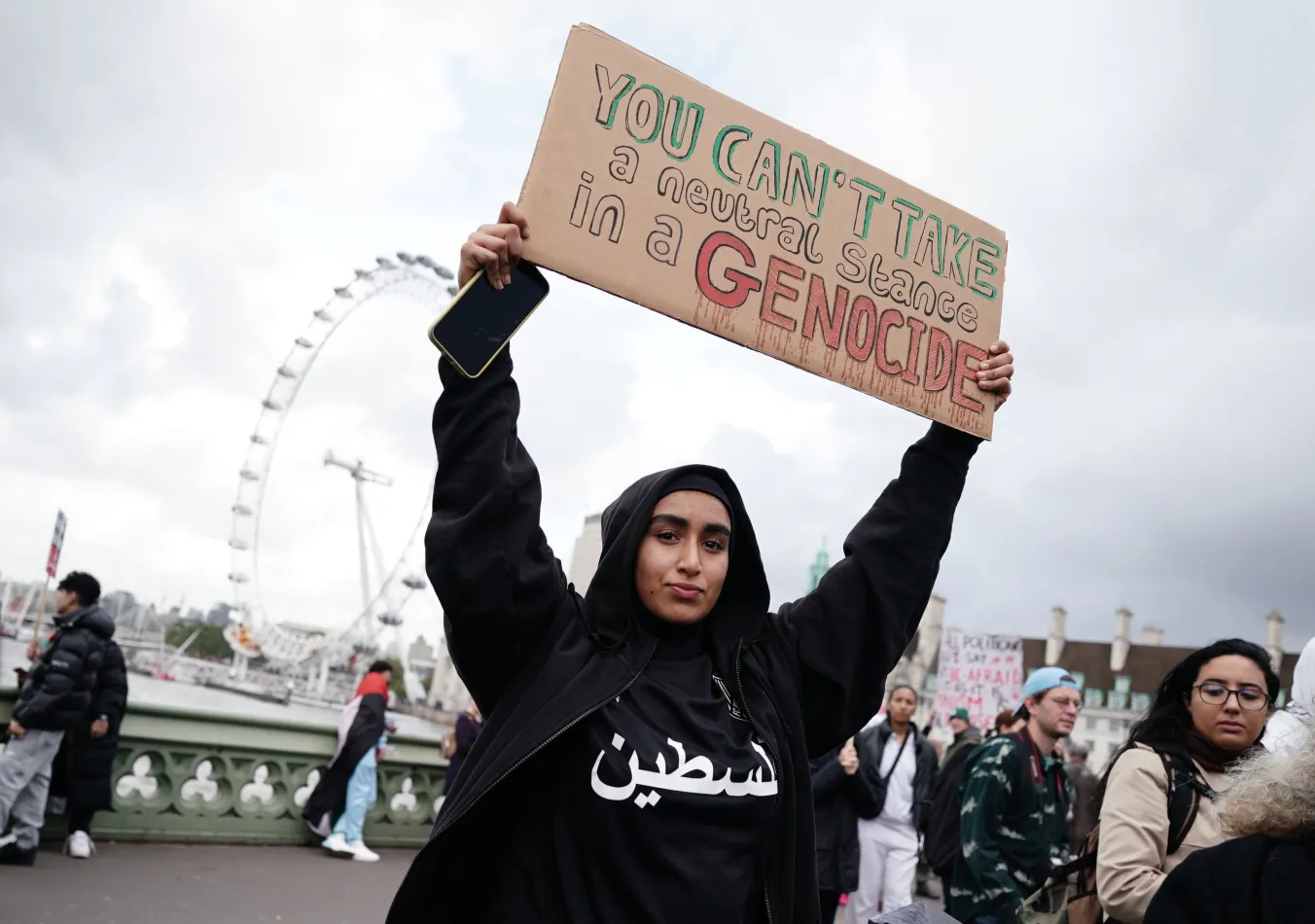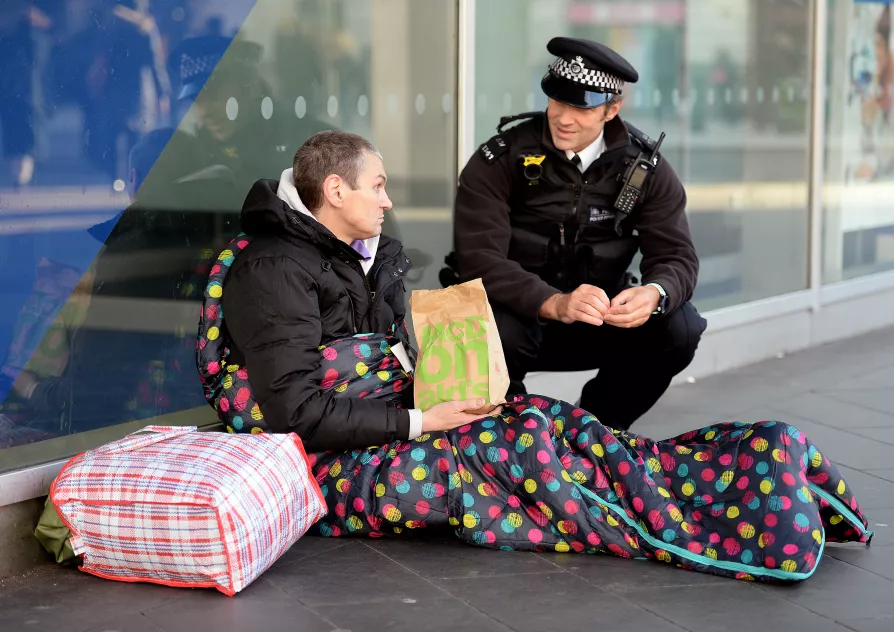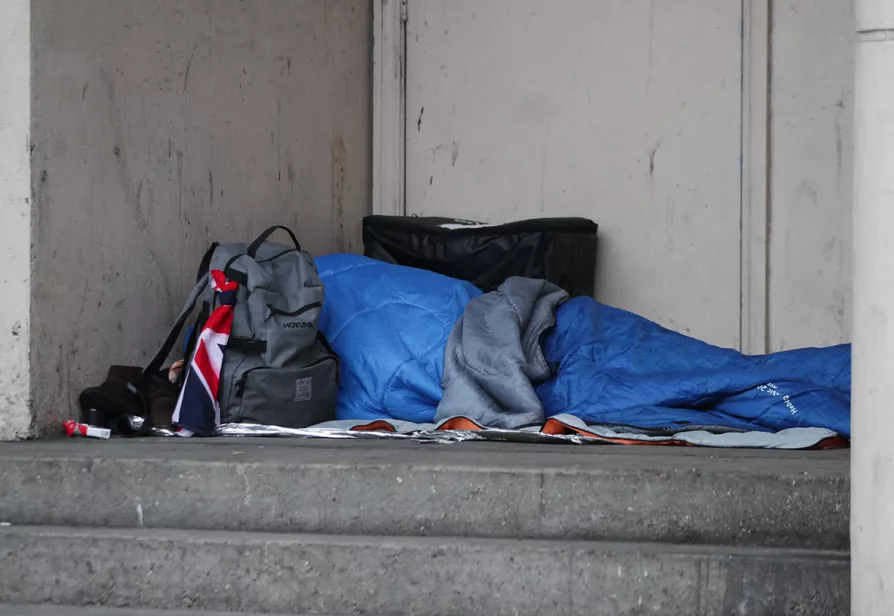
THIS year will see two major anniversaries in the history of the working-class struggle in Britain. Both were considered milestones of a sort, lines drawn where the lower classes could either take their allotted punishment and lump it — or organise, agitate and overcome the obstacles thrown up by governments and their paymasters.
The point to note in 2024 is not how far we have come, but how we have been passively hurtling back to the days of Victorian plutocracy. In 2024, the right to strike, protest and even vote is coming under increasing government control.
Britain’s “Freedom” ranking has fallen progressively over recent years, as the Tory government sought to distract from its manifest failures by lashing out at a host of a perceived “enemies within,” including the judiciary, “lefty” lawyers, the medical profession, football commentators, subpostmasters, those who voted to remain in the EU, trade union members, the “undeserving” poor, “crap parents,” the National Trust and the RNLI.
One hundred and ninety years ago, the six Dorset farm labourers who became known as the Tolpuddle Martyrs were sentenced under the 1797 Unlawful Oaths Act to be transported to Australia for swearing a secret vow to stand by each other as members of the Friendly Society of Agricultural Labourers. After mass protests by sympathisers the group were pardoned in 1836 and returned to England between 1837 and 1839. Never again, I hear you say.
But with the Tories planned strike-nobbling Minimum Service Act, performatively harsh jail terms imposed on Just Stop Oil protesters (three and two-year sentences for causing a public nuisance, six months for “slow walking” etc), and the continuing disgrace of inmates languishing under years-long indefinite prison sentences (for crimes as minor as mobile phone theft), are The Bad Old Days here again? Did they ever really end?
And most importantly, will an incoming Starmer Labour government roll back any of the Tory attacks on our basic civil liberties? Or, as some suspect, keep them in place after minor (if any) tweaks?
As the election nears, Labour backsliding on a range of policies (ending private school charitable status, revoking the two-child limit, increasing tax for the top 5 per cent) mean that political expediency is the order of the day rather than standing up for the working class.
Which brings us to another not-so-happy anniversary. In June 1824, Parliament passed the catch-all Vagrancy Act, which made it a criminal offence to sleep rough or beg in England and Wales. Elements of the law have yet to be repealed, meaning some offences deemed convictable 200 years ago are still enforceable — and have been.
In 2020, 573 people alone were sentenced under the Act for crimes including begging and conspicuous public homelessness. In 2014, three rough sleepers were due to stand trial after “skipping” Mr Kipling cakes, cheese, mushrooms, and tomatoes worth the princely sum of £33 from bins behind the Kentish Town branch of Iceland; the case was later dropped after a review by the Crown Prosecution Service.
Little has changed then, in fact some of the attitudes of the current crop of Tory politicians towards the homeless could be taken for Python-esque satire. Examples include the odious ex-home secretary Sue-Ellen Cassiana “Suella” Braverman, with her comments last year that rough sleeping was merely a “lifestyle choice.”
The pantomime villain-style would-be Tory leader expanded on her hypothesis, claiming: “Unless we step in now to stop this, British cities will go the way of places in the US like San Francisco and Los Angeles, where weak policies have led to an explosion of crime, drug-taking, and squalor. Nobody in Britain should be living in a tent on our streets. There are options for people who don’t want to be sleeping rough, and the government is working with local authorities to strengthen wraparound support, including treatment for those with drug and alcohol addiction. What I want to stop, and what the law-abiding majority wants us to stop, is those who cause nuisance and distress to other people by pitching tents in public spaces, aggressively begging, stealing, taking drugs, littering and blighting our communities.”
Which begs the question — why did her former department hand out tents, woolly hats and sleeping bags to an unspecified number of homeless prisoners on their release? Did they not get Braverman’s memo? Unless her nasty attention-seeking brainwave was thought up on the spur of the moment without reference to reality? Surely not.
Anyway, there’s really no excuse for destitution, at least according to NatWest boss Sir Howard Davies, who recently commented about the problems of getting a foot on the property ladder, “Well, I don’t think it’s that difficult at the moment … You have to save and that is the way it always used to be.”
Gives you a warm and fuzzy feeling, doesn’t he?
